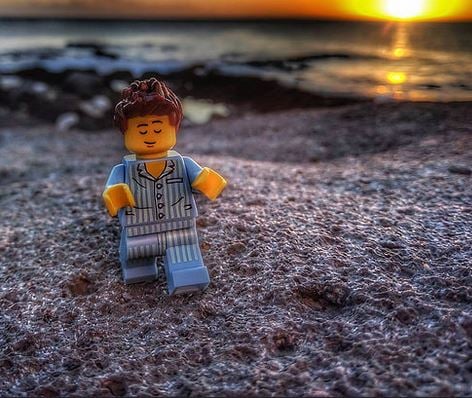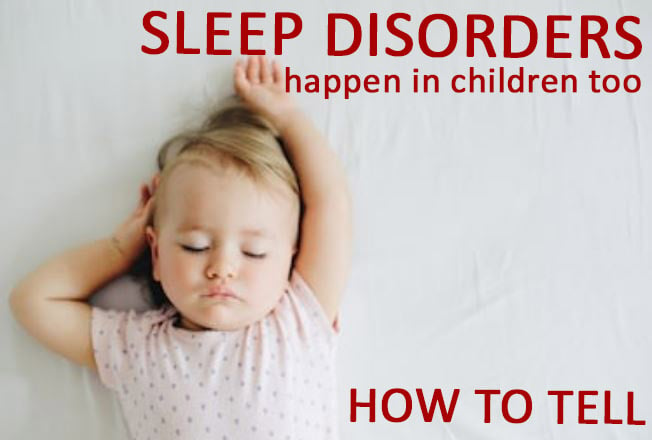How Much Sleep Do Children Need?
The amount of sleep babies and children need fluctuate from 17 hours for newborns to 9 hours for school-aged children [Baby Center]. A lack of sleep for children can significantly impact children's performance, both in school and in behavior.
For children with existing conditions that affect their learning, sleep problems further compound their inability to properly learn.
How much sleep your child should be getting depends on how old they are. While every child is different, here is a rough estimate of how much sleep children should be getting based on age:
- Newbord: 16-17 hours day
- 1-12 months: 12-16 hours per day
- 1-2 years: 11-14 hours per day
- 3-5 years: 10-13 hours per day
- 6-12 years: 9-12 hours per day
- 13-18: 8 to 10 hours per day
The above numbers are total sleep hours, including naps.
Signs of Sleep Trouble in Children
Signs of sleep trouble in children can be hard to diagnose because symptoms of sleep deprivation in children overlap with symptoms from many other potential causes, including:
- Behavior problems
- Mood problems
- Social difficulties
- Memory, concentration, and learning problems
- Slower reaction times
- Overeating
- Accidents and injuries
A couple of more interesting and important facts about sleep disorders in children are that even infants can have sleeping disorders and children are more prone to certain sleep disorders than adults.
Common Pediatric Sleep Disorders, Causes, Treatments
Common pediatric sleeping disorders include:
- Sleepwalking
- Night terrors
- Sleep talking
- Obstructive sleep apnea
- Behavioral insomnia in children (BIC)
Continue reading to learn more about each of these, including their causes and symptoms.
Sleep talking and night terrors
Some pediatric sleep conditions are perfectly natural, such as sleep talking and sleep terrors/nightmares. Other than possibly being disruptive or very scary for parents/siblings, they normally don't require treatment. If you feel there your child is having chronic night terrors, nightmares, or sleep talking, there may underlying issues that your pediatrician or a sleep specialist can be consulted about.
Sleep walking
 Sleep walking is common in children - talk to you doctor if your child is sleepwalking
Sleep walking is common in children - talk to you doctor if your child is sleepwalking
Sleepwalking is also much more common in children than adults. There are concerns with safety for sleepwalking children, as they are not aware of their surroundings. Children may wander around their room, your house, and there are plenty of anecdotal stories of sleepwalking children leaving the house. If your child has been sleepwalking, consult with your doctor or a sleep specialist.
Obstructive sleep apnea
Obstructive sleep apnea (OSA) is a medical condition that causes your child to stop breathing repeatedly during the night because of physical obstruction in the back of the throat, and is usually accompanied by snoring [see: why do I snore]. This condition has well-documented and wide-ranging side effects [see: long term side effects of untreated OSA]. Fortunately, OSA is generally treatable and fairly easy to diagnose at a sleep center.
Behavioral insomnia in children is a prevalent sleep disorder in children where the child either has trouble falling asleep or staying asleep. Typically, BIC is often caused by external factors such as:
- Non-friendly sleep environment (light or noise)
- Tablets, phones, and other distractions
- Negative associations with sleep
- Lack of consistent bedtime
- Lack of consistent bedtime routine
- Eating habits
- Medications
BIC can often be treated by addressing external factors, such as the points listed above. However, more serious cases of BIC may require more formal intervention.
If you have a child in Alaska and you are concerned that they may have a chronic sleep disorder that is interfering with their health, happiness, or performance, please consult with a sleep specialist:


